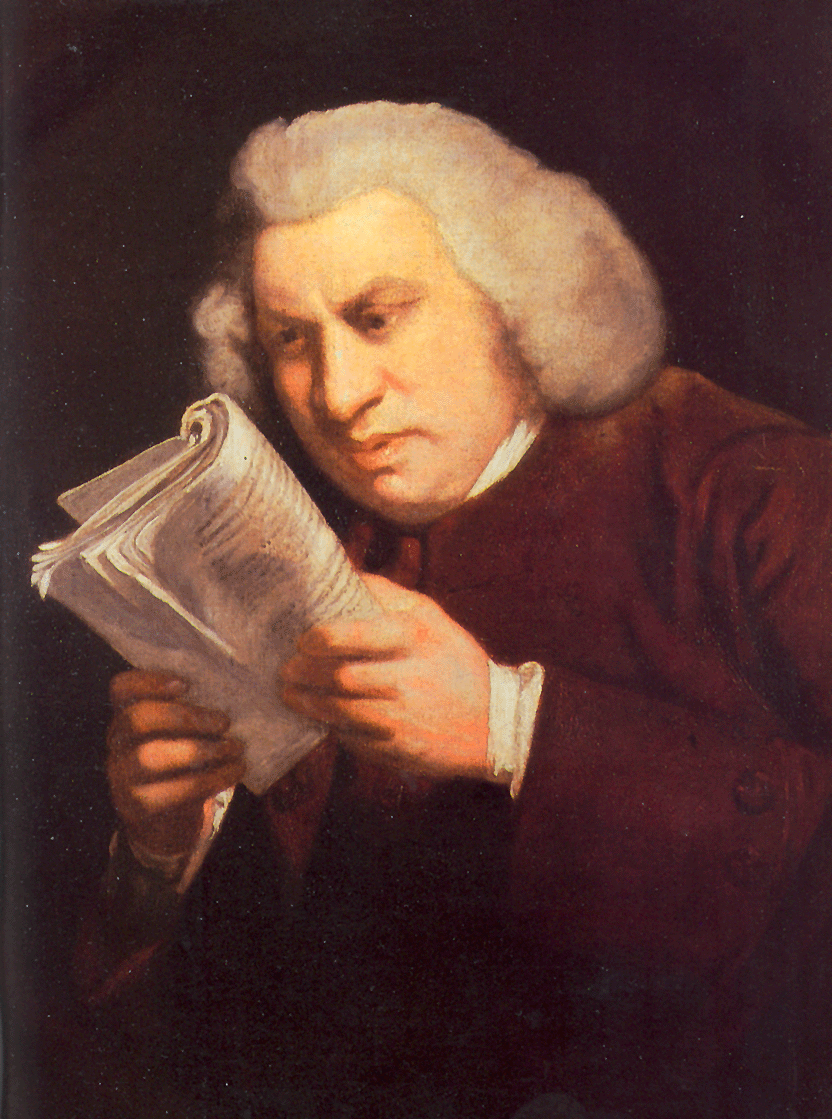Much has been made of the democratic deficit in the European Union (and no doubt there is a battle to be won) yet the right-wing critics usually have little to offer by way of serious reform of the system. This is especially so as many rightists would just like to see the whole project crash and burn. The improvement of the system could only risk prolonging its existence. At best the Right offers to reaffirm liberal ideas of democracy and freedom in the nation-states currently held captive by the European bureaucracy. Naturally it appeals to the small government fetishists of libertarian ilk, as well as the hyper-nationalist herd and populist shepherds like Nigel Farage. It's an easy game to play as the European Union lacks the legitimacy of a liberal democratic nation-state.
It's no coincidence that the same people - namely UKIP - who want a referendum on the EU are for the elections for Police Commissioners. The same crowd have been hollering for elected judges, all of which could be of great advantage to smaller parties looking to break in where voter-turnout is light. In such instances, we find that direct democracy is rather convenient for certain figures, those who need a horse to ride to their destination. And yet the majority would prefer a job of such importance to be done well. It shouldn't surprise anyone that the turnout for the election of Police Commissioners was so low. The defects of democracy in such an area of public service are clear to most people. It's only when there is an obvious blockage in the democratic system, as in Europe, that the ideal of democracy can move us to a burning rage. This is why the Eurosceptics need Europe, just as American conservatives need liberals to rail against in the culture wars. Victory would be a defeat.
It is the undemocratic state of affairs in Brussels that the Right can't resolve, as that would mean the end of the basis for their 'scepticism'. The calls for 'democracy' are doubly shallow as the Right has no serious solutions, or even an alternative, to a project which is in fundamental accordance with the neoliberal agenda. The austerity junkies in Brussels are hardly leftists. Yet even as the EU seeks to permanently limit the expenditure of its member-states Cameron vetoed it and still poses as a heroic bulldog to Eurosceptics. It would seem this is really a clash between different concentrations of capital, not the people of European nations. Furthermore, we know that in historical terms the idea that it's wrong to establish a political entity, like a nation-state, without democratic means is groundless. The European Union has developed into a powerful and effective structure precisely because it has no electorate as such. There is no 'European people' in the same way that there is an American people. The EU couldn't have gotten this far without its democratic deficit.
It is the undemocratic state of affairs in Brussels that the Right can't resolve, as that would mean the end of the basis for their 'scepticism'. The calls for 'democracy' are doubly shallow as the Right has no serious solutions, or even an alternative, to a project which is in fundamental accordance with the neoliberal agenda. The austerity junkies in Brussels are hardly leftists. Yet even as the EU seeks to permanently limit the expenditure of its member-states Cameron vetoed it and still poses as a heroic bulldog to Eurosceptics. It would seem this is really a clash between different concentrations of capital, not the people of European nations. Furthermore, we know that in historical terms the idea that it's wrong to establish a political entity, like a nation-state, without democratic means is groundless. The European Union has developed into a powerful and effective structure precisely because it has no electorate as such. There is no 'European people' in the same way that there is an American people. The EU couldn't have gotten this far without its democratic deficit.
Consider the wedge-issue of immigration with regard to the European project. Immigration is meant to be the disruption of our cohesive and well ordered society, through its corrosive impact on civil society by way of its 'otherness', its dependency culture, abuse of our public services and advantage-taking of Western privilege. Common claims like "They're taking the jobs!" and "They're all on benefits!" stand together arm-in-arm in ignorance without bliss. At least these complaints of many working-class people about immigration have an economic basis (a more about that later) which we can't say about the culturalist whining of conservatives. The Eurosceptic rightist tend to foam at the mouth over the apparent loss of British sovereignty, for we can only limit non-European immigration. It's at this point that the Right loses sight of the Muslim 'problem' to gawp at the hordes of Slavs unleashed by the death of Communism. This is the doomed battle of anti-immigrant populists, just like the battle for democracy it cannot be won.
If immigration were actually blocked ff forever then the rightists would have lost in their own victory. Limitations on immigration can't possibly satisfy the demands placed on them: firstly, because the migrant serves a structural need within capitalism for fresh labour to squeeze dry; secondly, migrants can become a point of division insofar as they form a labour reserve army to be deployed to hold down the wages of the working-class. For these reasons immigration can only be impeded temporarily out of a cheap electoral opportunism. The increased scarcity of labour in Britain would hasten the need for such unpopular measures as higher taxes to support the growing number of retirees. Of course, a cheap way out of this would be to pull the rug out from under the pensioners and privatise the whole pension system. All the while the lack of a readily available reserve army of labour would deprive the system of a means to hold down wages for an ever dwindling workforce.
The real answer of an extensive unionisation across borders to accomodate free-moving labour is out of the question for the Right. Even though that would mean higher wages for 'native' and 'foreign' workers alike. The same can be said of the possibility of repairing the damage of the brutal transition to capitalism in Eastern Europe. The contradiction between the economic need for immigration and the widespread opposition to the unconstrained flow of labour across borders can't be resolved by the mainstream parties. So it is the stomping ground of demagogues looking to ride a wave of racism into public office.
If immigration were actually blocked ff forever then the rightists would have lost in their own victory. Limitations on immigration can't possibly satisfy the demands placed on them: firstly, because the migrant serves a structural need within capitalism for fresh labour to squeeze dry; secondly, migrants can become a point of division insofar as they form a labour reserve army to be deployed to hold down the wages of the working-class. For these reasons immigration can only be impeded temporarily out of a cheap electoral opportunism. The increased scarcity of labour in Britain would hasten the need for such unpopular measures as higher taxes to support the growing number of retirees. Of course, a cheap way out of this would be to pull the rug out from under the pensioners and privatise the whole pension system. All the while the lack of a readily available reserve army of labour would deprive the system of a means to hold down wages for an ever dwindling workforce.
The real answer of an extensive unionisation across borders to accomodate free-moving labour is out of the question for the Right. Even though that would mean higher wages for 'native' and 'foreign' workers alike. The same can be said of the possibility of repairing the damage of the brutal transition to capitalism in Eastern Europe. The contradiction between the economic need for immigration and the widespread opposition to the unconstrained flow of labour across borders can't be resolved by the mainstream parties. So it is the stomping ground of demagogues looking to ride a wave of racism into public office.




